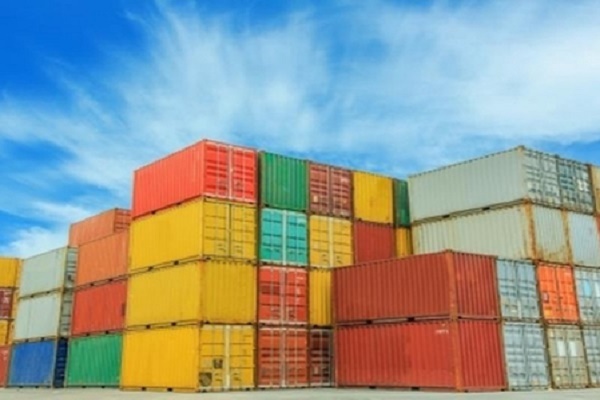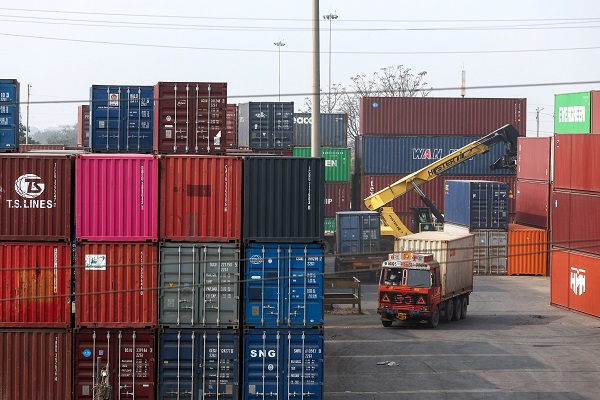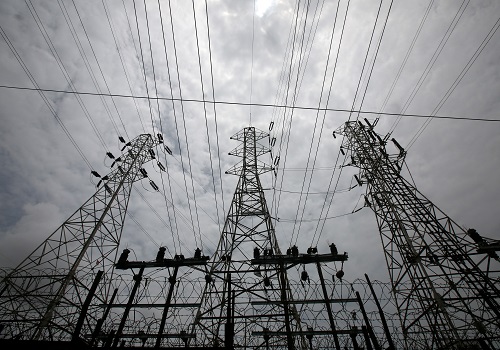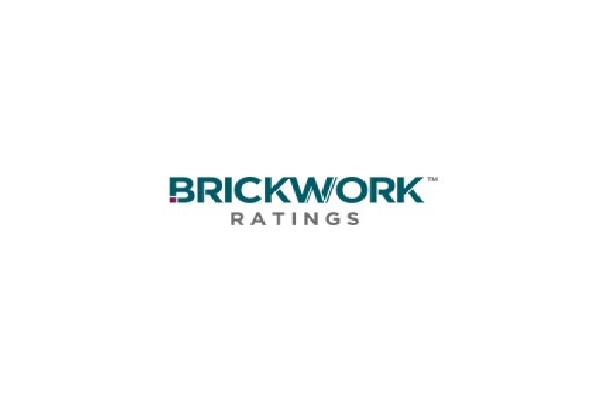Crisil warns of more companies defaulting on their debt obligations

Rating agency Crisil has warned of more companies defaulting on their debt obligations as it expects the withdrawal of pandemic-induced relief measures coupled with volatile input prices creating cost pressures for entities, especially those rated in the sub-investment-grade category. The annual default rate has nearly halved to 2.2 per cent in FY22, marginally higher than 2 per cent in FY21, for the straight two fiscal years on the back of a K-shaped recovery evident in the default rates. The annual default rate stood at averaged at 4.1 percent in the past decade.
The report, however, warned that the default rate may increase going forward as the pandemic-induced relief measures are withdrawn and volatile input prices create cost pressure for the industry in general, and for entities rated in the sub-investment-grade category, in particular, dominated by MSMEs. But the overall annual default rate continues to be cushioned by the skew in the rated portfolio mix towards the more-resilient investment grade category.
According to the report, the default rate for investment grade ratings declined last fiscal over financial year 2021 while that for sub-investment grade increased within categories. But for the sub-investment grade category, dominated by MSMEs, the default rate increased to 5.24 per cent in FY22 from 3.90 per cent in FY21 whereas the average was 6.1 per cent between fiscals 2011 and 2020. Of the entities that defaulted last financial year, about 90 per cent were MSMEs.
The report cited two reasons for the overall annual default rates staying low. One reason is the proactive relief measures announced by the regulators and the government, especially the loan moratorium and emergency credit guaranteed lines, which eased pressure on credit profiles and staved off defaults to a good extent. The second reason is the rising proportion of companies getting into the investment-grade category.




















